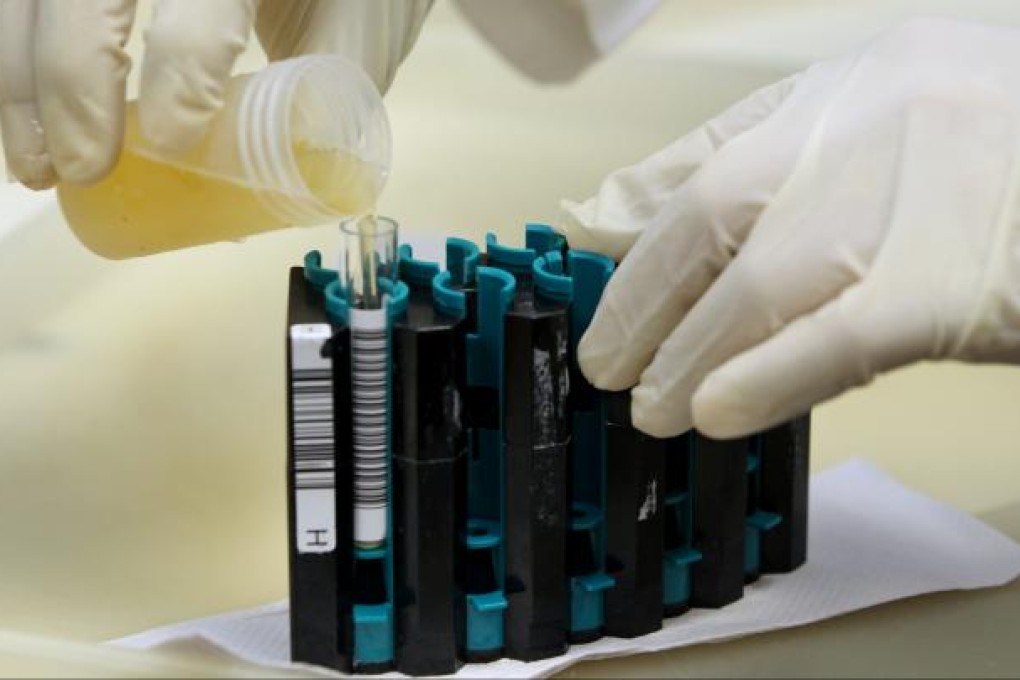Surprise urine checks aimed at potential relapse offenders
Stricter measures are being lined up after two officers falsified samples to hide relapse rates

Rehabilitation authorities are stepping up surprise urine checks on discharged drug offenders to tighten scrutiny of potential relapses. Two former prison officers were jailed last year for falsifying specimens.
The gathering process will also be centralised at a collection centre for urine samples that will open in the middle of the year outside the Lai Chi Kok Reception Centre.
At the moment specimens are collected when rehabilitation officers from the Correctional Services Department make monthly visits to their released charges - a process that is open to fabrication, which, in turn, distorts the drug relapse rate.
As the new centre comes into operation, the department will implement stricter measures to ensure the samples are genuine, a source close to the matter says.
"This will not only find out if the people under supervision have gone back to drugs, but will also make sure the samples are not tampered with," he said.
The department now supervises several hundred former drug offenders.